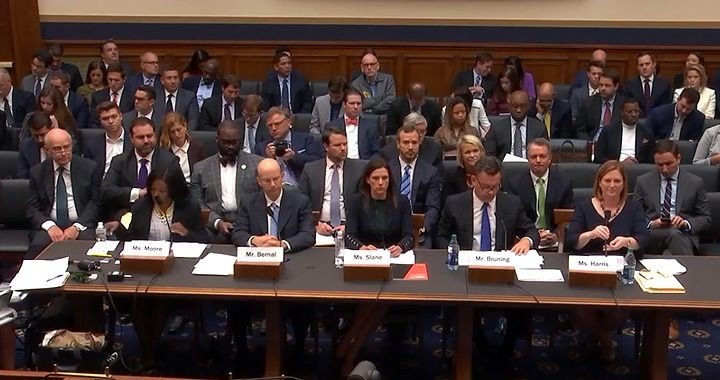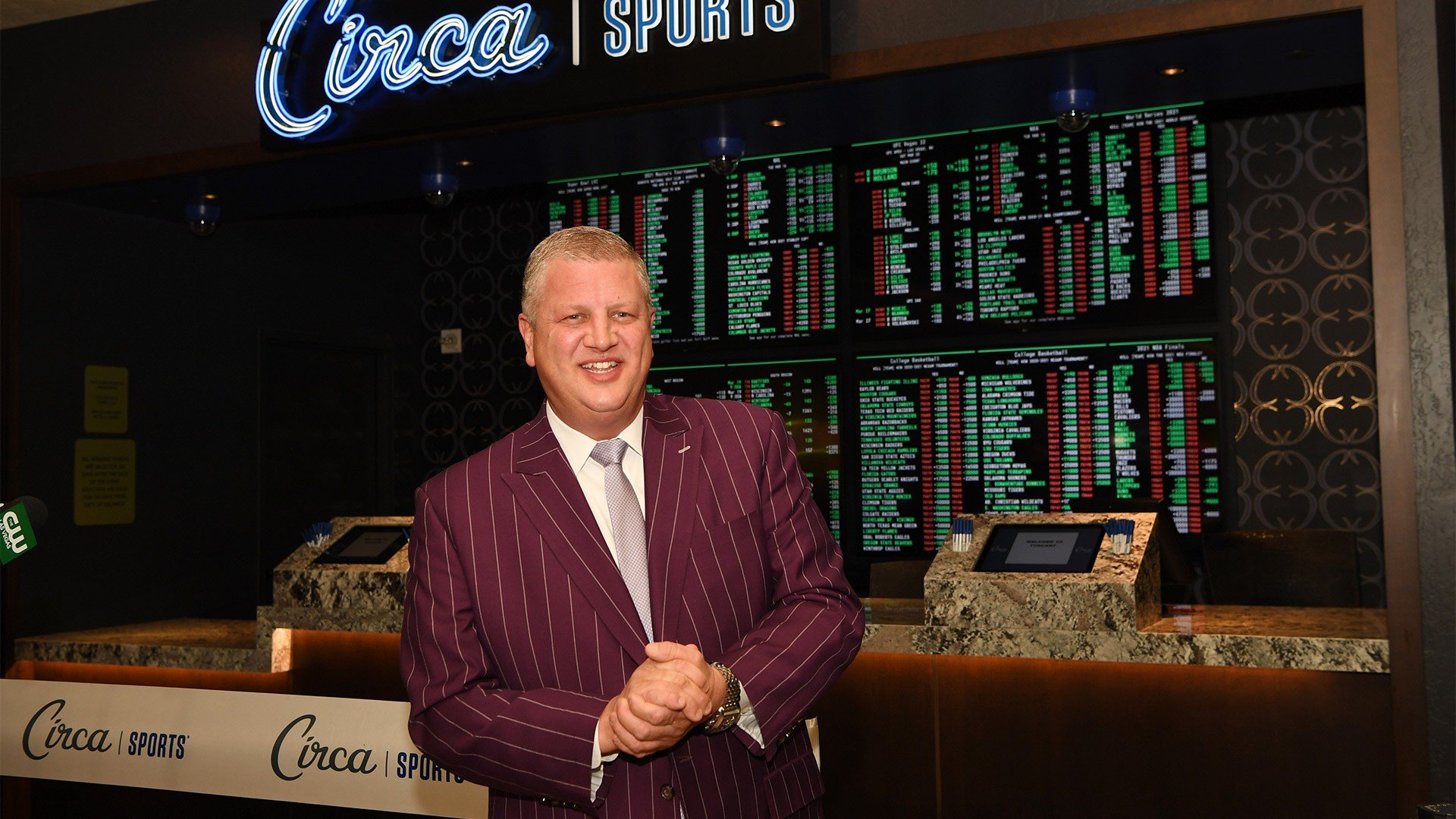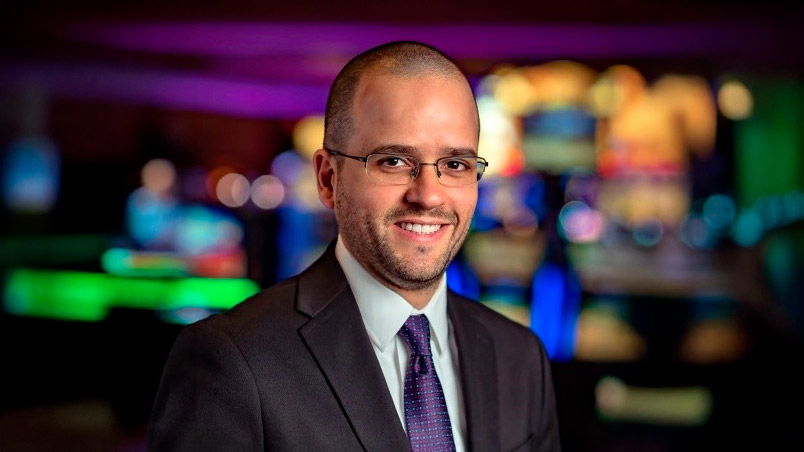U.S. Congress considers action on sports betting

The first congressional hearing on traditional sports betting in a decade took place Thursday and featured testimony from the NFL and a closing remark that indicated federal action may be coming.
"I think the one thing you all can agree on is for Congress to do nothing is the worst possible alternative," Rep. Jim Sensenbrenner (R-Wis.) said in wrapping up Thursday's 1½-hour hearing. "So this means we have some work to do."
The hearing was held by a House Judiciary subcommittee four months after the U.S. Supreme Court struck down the Professional and Amateur Sports Protection Act (PASPA) of 1992. The federal statute had restricted full-scale sports betting to primarily Nevada but was found to be unconstitutional in May, opening a path for states outside of Nevada to allow legal sportsbooks. Since the ruling, Delaware, Mississippi, New Jersey and West Virginia have joined Nevada in offering legal sports betting, and Pennsylvania and Rhode Island are expected to be among the next wave of states to open sportsbooks.
The hearing, held by the Subcommittee on Crime, Terrorism, Homeland Security and Investigations, is the first step in examining whether federal oversight is needed in the new landscape, with committee chairman Bob Goodlatte (R-Va.) calling the issue "ripe for consideration."
The NCAA and major professional sports leagues want federal guidelines, while gaming interests feel that states are in the best position to regulate sports betting.
"We are very concerned leagues and states alone cannot fully guard against the harms Congress has long associated with sports betting," Jocelyn Moore, NFL executive vice president of public affairs, told members of the committee.
The NFL's concerns are centered on protecting game integrity. In any federal guidelines, the league wants sports betting operators to be required to use official NFL data to settle wagers; authority over what types of wagers are allowed, and beefed-up tools for law enforcement to go after bad actors, among other requests.
The American Gaming Association (AGA), which represents the casino industry, and the Nevada Gaming Control Board, represented by chairwoman Becky Harris, testified that federal oversight isn't needed, because strict regulations are already in place.
"The bottom line is, with such robust and rigorous regulatory oversight at both the state and federal levels, there is no need to overcomplicate or interfere with a system that is already working," Sara Slane, senior vice president of the AGA, told the committee.
"Sports betting will continue to grow and evolve," Harris said in her testimony to the committee. "We've been in this business for decades and not had any problems. What we have here is a regulatory process specifically to monitor what happens on both sides of the [betting] counter. This is all we do, and we're good at it."
The hearing room was mostly full, with more than 100 spectators in attendance, despite the testimony in the public hearing about the nomination of Brett Kavanaugh for the Supreme Court taking place at the same time in the Senate side of the building.
There was opposition testimony from organizations Stop Predatory Gambling and the Coalition to Stop Online Gambling.
"It's going to be up to you to protect states that don't authorize sports betting, to protect the most vulnerable among us, particularly kids," Jon Bruning, a former attorney general for Nebraska and now a counselor for Coalition to Stop Online Gambling, told the committee.
Representatives for sports data companies and bookmaking enterprises also attended. They all listened as Sensenbrenner laid out three potential future results of the hearing, viewed by many as only the very first step.
"One option, of course, would be for Congress to re-enact a federal ban on sports gambling," Sensenbrenner said in his opening statement. "[A]nother possibility would be for Congress to defer to the states and allow them to legalize and regulate the sports gaming business. ... And a third option would be for Congress to adopt uniform, minimum federal standards, which would guide the imposition of sports wagering across the nation, in states that desire to legalize the practice."


















































